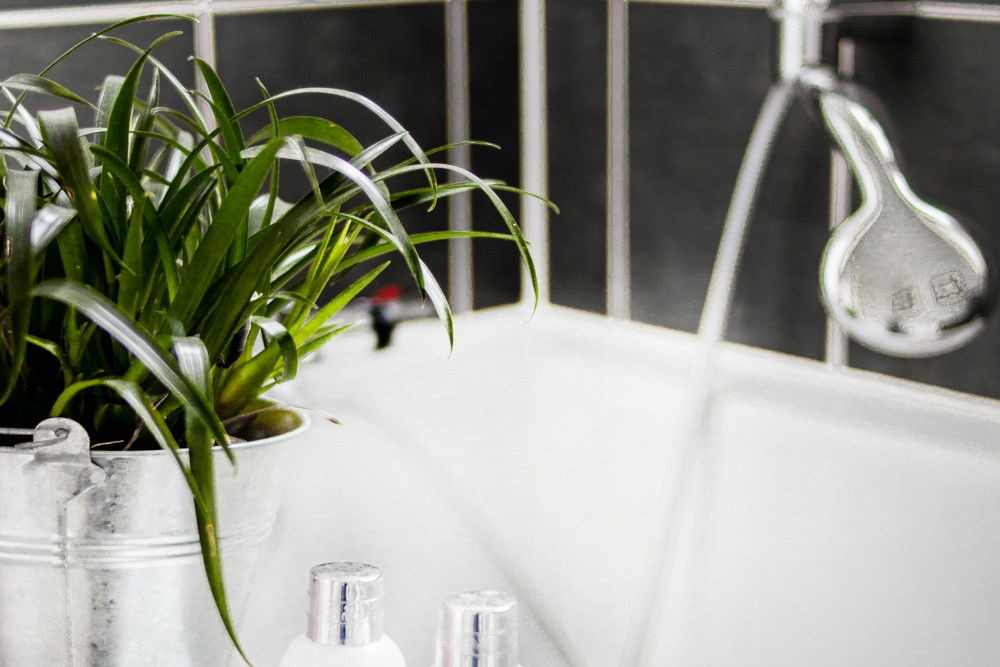Anxiety is a prevalent mental health condition that affects millions of people worldwide. It can manifest in various forms, from generalized anxiety disorder to specific phobias, and its impact on daily life can be profound. One area where anxiety often exerts its influence is in the realm of habit change. Whether it’s breaking unhealthy habits or adopting new ones, individuals with anxiety may find traditional habit-change tools ineffective or even exacerbating their symptoms. In this article, we’ll explore why most habit-change tools fail with anxiety and offer alternative strategies for fostering positive change in the face of this challenge.
The Complexity of Anxiety
Before delving into why habit-change tools may falter in the presence of anxiety, it’s essential to understand the nature of this condition. Anxiety is more than just occasional worry or nervousness; it involves persistent and excessive fear or apprehension about everyday situations. It can be accompanied by physical symptoms such as rapid heartbeat, trembling, sweating, and difficulty concentrating. Additionally, anxiety often coexists with other mental health disorders, such as depression, making it a multifaceted challenge to address.
Why Traditional Habit-Change Tools May Fail
- One-Size-Fits-All Approach: Many habit-change tools and programs follow a generic, one-size-fits-all approach that fails to account for the unique needs and triggers of individuals with anxiety. What works for one person may not necessarily work for someone struggling with anxiety, leading to frustration and disengagement.
- Focus on Willpower: Traditional habit-change strategies often emphasize willpower and self-discipline as the primary drivers of change. However, individuals with anxiety may experience heightened stress and pressure when relying solely on willpower, leading to increased anxiety and potential setbacks.
- Negative Reinforcement: Some habit-change tools employ negative reinforcement techniques, such as punishment or self-criticism for failing to meet goals. For individuals with anxiety, this approach can backfire, reinforcing negative thought patterns and triggering further anxiety.
- Overwhelm and Perfectionism: Anxiety can amplify feelings of overwhelm and perfectionism, making it challenging to adhere to rigid habit-change regimens. Traditional tools that promote strict adherence to schedules or unrealistic expectations may exacerbate anxiety rather than alleviate it.
Alternative Strategies for Habit Change With Anxiety
- Mindfulness and Self-Compassion: Incorporating mindfulness and self-compassion practices into habit-change efforts can help individuals with anxiety cultivate a non-judgmental awareness of their thoughts and emotions.
- Gradual Progression: Instead of attempting drastic changes overnight, individuals with anxiety may benefit from a gradual approach to habit change.
- Flexibility and Adaptability: Recognizing that setbacks are a natural part of the habit-change process, it’s essential to adopt a flexible and adaptable mindset.
- Seeking Professional Support: For individuals with anxiety, seeking professional support from therapists or counselors specialized in cognitive-behavioral therapy (CBT) or other evidence-based treatments can provide invaluable guidance and resources for navigating habit change.
- Building a Support Network: Surrounding oneself with a supportive network of friends, family members, or peers who understand and validate the challenges of anxiety can provide crucial encouragement and accountability during the habit-change process.
Conclusion
While anxiety can present significant obstacles to habit change, it’s essential to recognize that effective strategies tailored to the unique needs of individuals with anxiety do exist.
Ultimately, addressing anxiety alongside habit change requires patience, perseverance, and a willingness to prioritize self-care and self-compassion along the journey to positive transformation.





